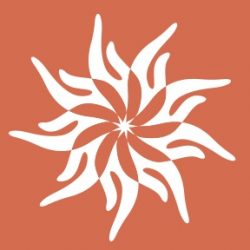Professional Ethics
Investment intermediaries or agents such as advisors, brokers, and dealers have responsibilities to their clients, their employers, and to the markets. In carrying out these responsibilities, they should demonstrate appropriate professional conduct. Professional conduct is ethical, that is, it is based on moral principles of right and wrong as expressed in the profession’s standards of conduct. (Rachel S. Siegel, CFA)
Cotton and textiles have been at the center of India’s journey to industrialization and modernity. Accompanied as it was by the experience of colonization, and subsequent fight for freedom from colonial masters, the journey to modernity has not been a uniformly positive one. Particularly in textiles, rather than gain from the increase in productivity that industrialization brought, by the time India gained her freedom in 1947, she had lost a large part of her superiority and popularity in the cloth markets of the world. During the 17th and 18th centuries, the opening of the sea routes expanded the export trade. This had an effect on the kind of products being woven by handloom weavers, as they increasingly produced for distant markets, where previously they had produced for local consumption. An intermediary class of trader financiers emerged, who mediated between the producer and the distant market.

